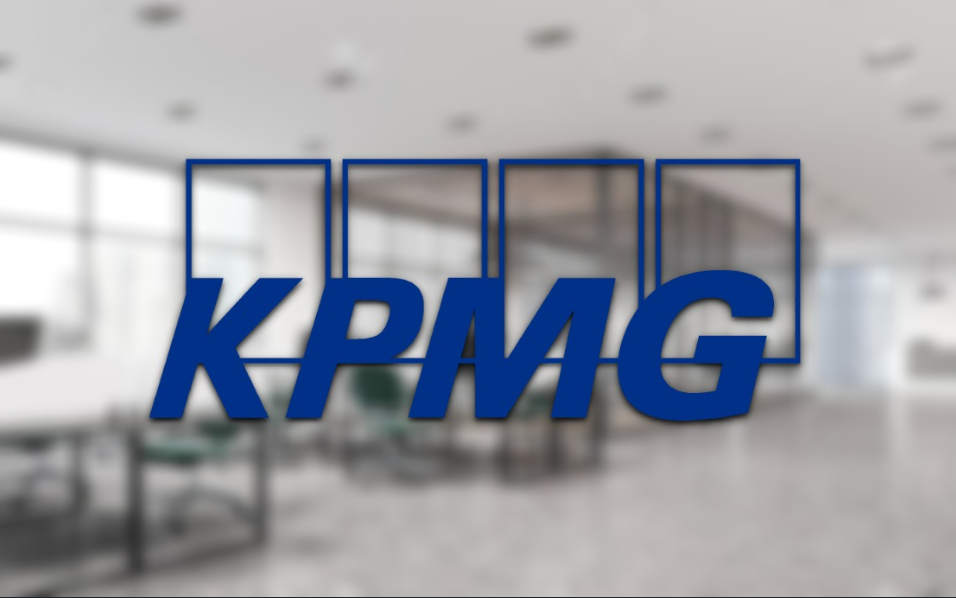E-invoice: KPMG Lauds Govt Allowing Six-month Grace Period For Companies To Be Ready

KPMG in Malaysia lauds the government's announcement to allow flexibility for taxpayers to issue consolidated e-invoicing for the first six months from the date of mandatory e-invoicing.
The accounting firm also welcomes that no prosecution will be taken under Section 120 of the Income Tax Act 1967 against non-compliance with the e-invoicing rules, provided that the taxpayer complies with the consolidated e-invoicing requirements.
KPMG in Malaysia head of tax Soh Lian Seng said this is a timely concession as the latest survey has shown that taxpayers are still working through their e-invoicing transition challenges.
“This development will provide taxpayers with a much-needed breathing room to ensure the transition to e-invoicing can be completed with minimal impact on operations.
“This is further evidence that the Malaysian government is listening to the voice on the ground and is willing to support taxpayers in this national momentum towards greater tax governance,” he said in a statement.
On 26th July, the Inland Revenue Board (IRB) said the government has agreed to give a six-month grace period to taxpayers from the date of mandatory implementation of e-Invoicing beginning 1st August, 2024.
The market survey Soh referred to was conducted by the professional services firm from 1st - 8th July, 2024, which gathered insights from more than 200 respondents comprising large taxpayers (LTPs) and small and medium enterprises (SMEs).
The results were discussed at the recent National Tax Conference 2024, moderated by Soh, who is also the Chartered Tax Institute of Malaysia president.
KPMG's survey found that a majority of LTPs (60%) and SMEs (56%) had expressed a desire for the government to provide a no-penalty period during the initial phase of e-invoicing implementation as their top wish list to navigate the complexities of e-invoicing implementation.
The same survey found that a majority of LTPs with annual revenues exceeding RM100 million are not fully ready for their e-invoicing implementation by 1st August, 2024.
Almost 6 in 10 reported being less than 50% prepared, while 30% claim to be more than 50% prepared and only four% reported being fully ready for e-invoicing.
The survey revealed that this transition is not without its challenges, with the top three factors cited by LTPs to be additional costs for information technology (IT) systems and gadgets, the need for extra manpower, and system glitches as well as possible errors.
KPMG's survey noted that over three-quarters (78%) of SMEs are less than 50% ready for e-invoicing.
The primary concern revealed by SMEs is the risk of penalties for non-compliance or unintentional omissions due to unfamiliarity with the new requirements.
Soh said IRB has plans to provide free digital solutions such as mobile applications (apps) and electronic point of sale (e-Pos) between 2024 and 2025 to help SMEs in their transition to e-invoicing.
“Additionally, we anticipate that IRB will issue guidelines on the application mechanism for exemptions for micro, small and medium enterprises with turnovers below RM150,000 in due course,” he added.
He highlighted that with the mandates for the second and third groups in effect on 1st January, 2025, and 1st July, 2025, respectively, it is important for taxpayers to be proactive in addressing potential challenges during their transition.
